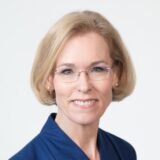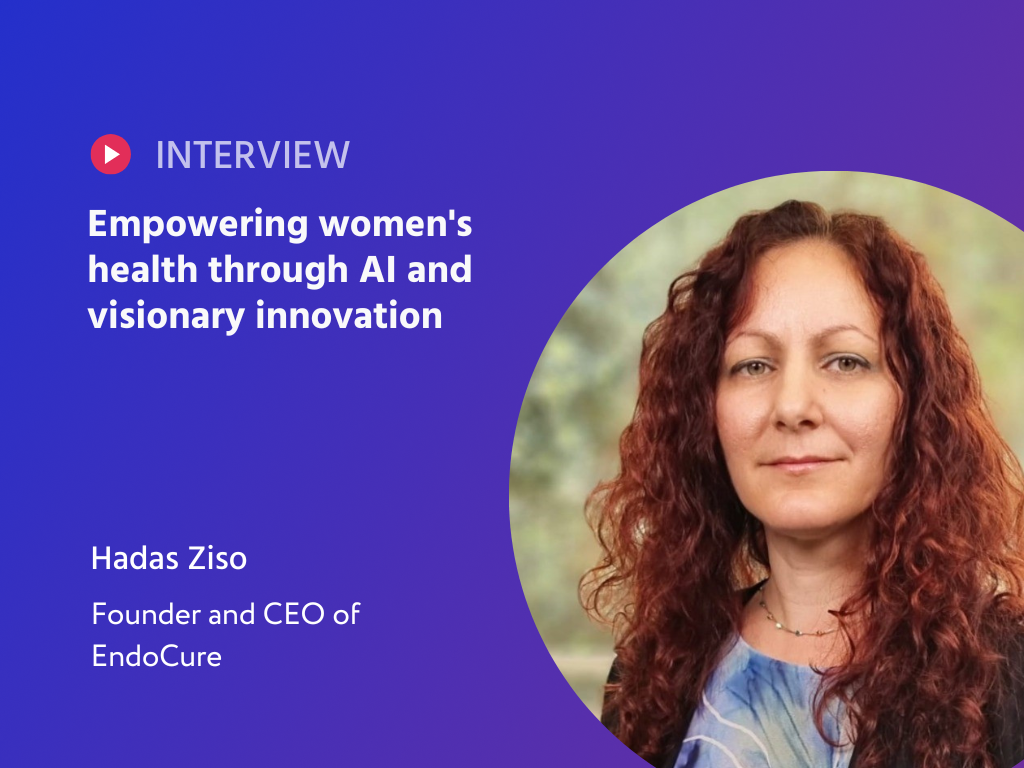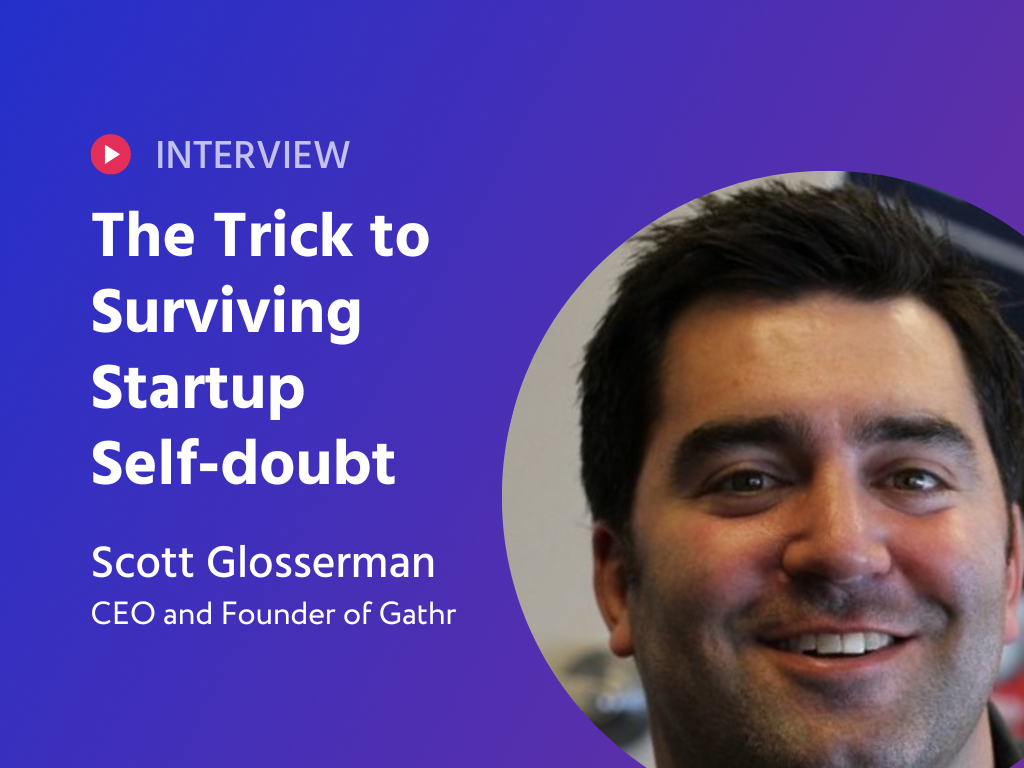In the latest installment of Bright Founders Talk at Temy, we feature an enlightening conversation with Mary O'Connor, Co-Founder and Chief Medical Officer at Vori Health. With an illustrious career as the first woman orthopedic surgeon at Mayo Clinic in Florida and various leadership roles, Mary brings a wealth of experience and a vision for transformative medical care.
Her commitment to patient-centered services and her bold move from the comfort of academia to the dynamic startup landscape underscore her dedication to innovation in healthcare. This interview unveils Mary's personal journey, her challenges within the traditional medical system, and her pioneering efforts to improve musculoskeletal care and drive health equity.
Join us as Mary shares her inspiring story and the profound insights that led her to redefine patient care beyond conventional frameworks.
Breaking the Mold: Mary O'Connor's Crusade for a Patient-Centric Healthcare Revolution
Mary O'Connor chuckles, a spark in her eye as she recounts her trailblazing journey from the first woman orthopedic surgeon on staff at Mayo Clinic to shaking the very foundations of traditional medical care. "It's about making waves in a system that's more ocean liner than speedboat," she says, leaning into the mic. Her voice, warm yet authoritative, fills the space with a story not just of personal triumph but of a relentless drive to put patients first. "When you've been part of a behemoth like Mayo, you learn a thing or two about change—especially when you're the one steering," Mary adds with a knowing smile.
Diving deeper, Mary shares her eureka moment, the one that had her trading the security of academia for the thrill of the startup world. "You see," she explains, "real change happens not by playing safe but by challenging the status quo." Mary paints a vivid picture of her strategy at Mayo, where she integrated non-surgeon physicians to optimize patient care—a move that not only improved outcomes but also made economic sense. Her story isn't just about improving numbers; it's a testament to her vision of a healthcare model that values what's right for the patient over what's traditionally done.
It's not about the quantity of surgeries but the quality of care
With an infectious enthusiasm, Mary details the uphill battle against a system wired for surgery and procedures. She's animated, gesturing to emphasize how she's pushing for a model where unnecessary surgeries are a ghost of the past. "We're talking big numbers here," she says, citing data that reveals the staggering amount of unneeded knee replacements and spinal surgeries. Her passion is palpable as she talks about creating a healthcare environment that's equitable, efficient, and, above all, health-centric. "That's the future I'm building," Mary declares, "one where every patient gets the care they truly need."
Shaking Up Healthcare: Mary O'Connor on Challenging the Status Quo
Mary O'Connor leans in, her tone a mix of frustration and fervor as she describes the behemoth of healthcare's status quo. She's not just speaking to the host, Barry, but to anyone who's ever felt like a cog in the healthcare machine. "You're up against a Goliath," she says, painting a picture of a system obsessed with volume—more scans, more surgeries, more procedures—all feeding a financial beast that often forgets the face of the patient. It's a David and Goliath story, but in this version, David is armed with data, determination, and a doctor's coat.
The conversation pivots, and Mary's passion is palpable as she discusses innovation's suffocation within tight margins and towering bureaucracies. Her voice carries the weight of experience as she explains the delicate dance of improving care while cutting costs, a balance act few dare to attempt. Yet, her resolve is clear as she argues for the necessity of shaking up this equilibrium. "It's not just about saving dollars, it's about saving sense," she quips, a half-smile on her face, knowing full well the pun and the truth it carries.
Change is tough in medicine, but when you follow the money, it's clear where the issues lie
As the interview nears its conclusion, Mary's storytelling shines. She recounts the breakthroughs and buy-ins, the slow but steady march towards a more holistic healthcare model. There's a spark of hope as she talks about those who hold the purse strings seeing the light—self-insured employers, payers, and those far removed from the exam room but intimately connected to its financial pulse. "When they get it, change begins," she asserts, a note of triumph in her voice, suggesting that perhaps, this David doesn't just have a slingshot but a blueprint for a better future.
The Unconventional Path: Mary O'Connor's Radical Shift in Healthcare
Mary's laughter is infectious as she acknowledges the simplicity behind her revolutionary healthcare model. "It's common sense, isn't it?" she muses, a gleam of the obvious in her eyes. But this 'common sense,' she explains, challenges the very bedrock of traditional healthcare's fee-for-service model. As she and her co-founder, Ryan Grant, navigate through the complexities of changing the game with Vori Health, their nationwide virtual musculoskeletal care company, they're not just treating patients—they're redefining the meaning of care. "We've constructed Vori with the courage to take risks," Mary confesses, her voice a blend of pride and determination.
The money directs the care models
Mary's vision is transformative, and she speaks of it not as a distant dream but as a reality taking shape. With each patient testimonial, the evidence mounts that their approach at Vori isn't just working—it's thriving. "Ask me in a year," she quips with a wry smile, her confidence underpinned by the success of their Series A startup. It's a story still unfolding, but with every step, they're carving a path toward a future where healthcare is not only high-tech but high-touch, personal, and, above all, effective.
The conversation takes a turn towards the personal, and we see another side of Mary—the athlete turned medical maven. Her journey to medicine was paved with a natural aptitude for science and a love for human connection, spiced with a dash of sports injuries. "There's a lot of orthopedic surgeons who were athletes once," she notes with a laugh. It's this blend of personal experience and professional expertise that makes her perspective as unique as it is refreshing. Mary doesn't believe in work-life balance; for her, the lines are blurred because her work is her passion—a quest to deliver patient-centered care and empower a healthier world.
Diversity in Thought: Mary O'Connor's Blueprint for Transformative Healthcare
As Barry poses a question about navigating varying opinions within a team, Mary O'Connor leans back, her voice animated with conviction. She stresses the necessity of diversity in thought and background, recounting how a lack of it in the past led to the tragic oversight of airbag safety for women and children. "Diversity is more than a buzzword; it's the crucible in which better ideas are forged," she explains, making a compelling case for inclusivity. Mary's belief that a team's strength lies in its varied perspectives is not just a theory but the backbone of her leadership style at Vori Health.
We can only see the world through the lens of our own perspective
Delving into the attributes she seeks in team members, Mary's criteria are straightforward yet profound. First and foremost, she looks for those who genuinely care about the patients they serve, a non-negotiable trait for any prospective employee. "Without empathy, all the expertise in the world falls flat," she shares candidly. Mary doesn't just look for skilled professionals; she seeks out individuals whose passion for service echoes her own, believing that the human connection is the linchpin of effective healthcare.
Toward the end of the interview, the conversation shifts to the spiritual side of Mary's life, revealing the depth of her commitment to transformative care. "It's about service to humanity," she reflects, tying her work to a greater purpose. Her advice to aspiring entrepreneurs is as potent as it is simple: "Be fearless." In these closing moments, Mary encapsulates her journey—not just as a clinician or an entrepreneur, but as a visionary determined to leave the healthcare landscape fundamentally better than she found it.





